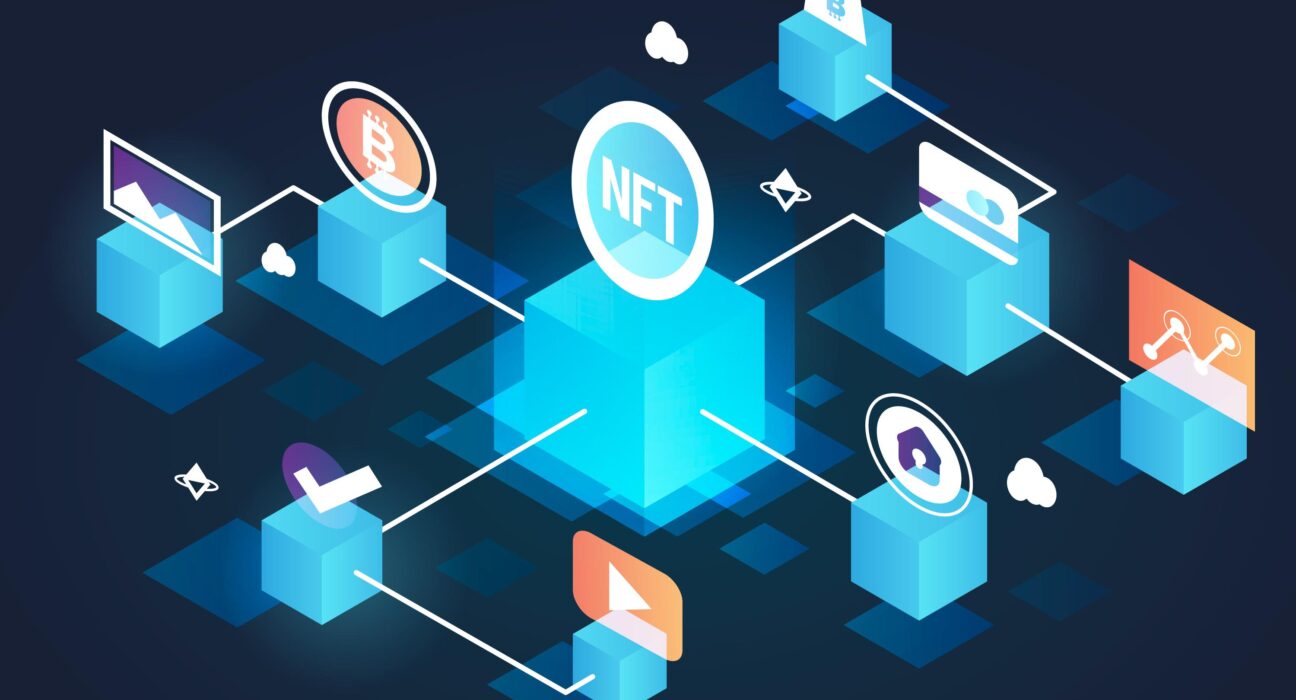Nowadays, our privacy is locked with our online activities. When we log in/sign up on platforms online, we sometimes get scared of dropping details like international passports, bank pins, and other identity cards.
This problem craves identity management systems. Traditional identity systems often rely on centralized authorities, raising concerns about privacy, security, and user control.
That’s where DID comes in. Decentralized Identity (DID) is a revolutionary approach to identity management that puts users in control of their digital identities while ensuring security and privacy.
Decentralized Identity (DID) can be explained as a novel approach to managing digital identities using blockchain technology. Unlike traditional identity systems, which rely on centralized authorities to verify and manage identities, DID systems empower users with control over their identity information. In essence, DID systems allow individuals to create and manage their digital identities without needing intermediaries or centralized control.
Principles of Decentralized Identity
There are some key principles of the Decentralized Identity (DID):
- Self-Sovereign Identity
Users have full control and ownership of their digital identities, allowing them to manage and share their identity information as they see fit.
- User-Centricity and Control
Identity systems are designed with the user’s needs and preferences in mind, prioritizing user control and consent.
- Privacy by Design
Privacy is baked into the design of DID systems, ensuring that users’ personal information is protected and only shared when necessary.
- Trustworthiness
Identity information is cryptographically verifiable, ensuring that it can be trusted by relying parties without the need for intermediaries.
Components of Decentralized Identity
Decentralized Identity (DID) consists of several key components:
- Decentralized Identifiers (DIDs)
Decentralized Identities consists of unique identifiers that are registered on a decentralized ledger, such as a blockchain, to represent individuals, organizations, or things.
- DID Documents
Documents associated with DIDs that contain information about the entity, such as public keys, service endpoints, and authentication mechanisms.
- Verifiable Credentials
Cryptographically signed credentials that attest to the identity or attributes of an individual, organization, or thing.
- DID Methods and Resolvers
Mechanisms for creating, resolving, and interacting with DIDs on various blockchain networks.
Benefits of Decentralized Identity (DID)
Decentralized Identity (DID) offers several benefits over traditional identity systems:
- Enhanced Privacy and Security
Users have greater control over their identity information, reducing the risk of data breaches and identity theft.
- User Control and Ownership of Identity
Users can manage and share their identity information on their terms, without relying on centralized authorities.
- Interoperability and Portability Across Systems
Identity information is standardized and interoperable across different systems and platforms.
- Reduction of Identity Fraud and Theft
Cryptographic techniques ensure the integrity and authenticity of identity information, reducing the risk of fraud and theft.
Challenges and Considerations
While Decentralized Identity (DID) holds great promise, there are several challenges and considerations to address:
- Scalability and Performance
Scalability remains a challenge for decentralized identity systems, particularly as adoption grows.
- User Adoption and Education
Educating users about the benefits and principles of DID is crucial for widespread adoption
- Regulatory Compliance and Legal Frameworks
Regulatory compliance and legal frameworks need to be developed to ensure that DID systems comply with existing laws and regulations.
- Technical Standards and Interoperability
Standardization and interoperability are essential for the seamless integration of DID systems across different platforms and networks.
Final Thoughts
In conclusion, Decentralized Identity (DID) represents another experience in identity management, offering users greater control, privacy, and security over their digital identities. As DID technologies continue to evolve and mature, they will play an increasingly important role in shaping the digital future.
By embracing the principles of self-sovereign identity and privacy by design, we can create a more inclusive, secure, and trustworthy web3.














Leave feedback about this